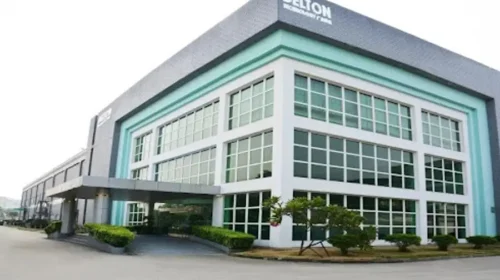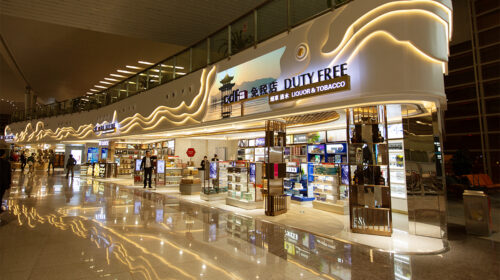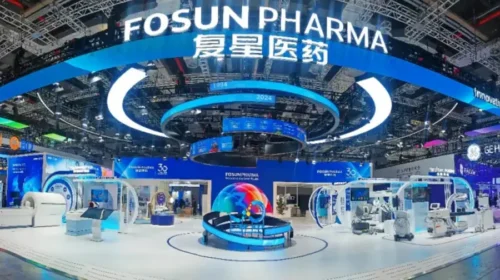FAST NEWS: Growth slows for 361 Degrees’ kids products

The latest: Sportswear retailer 361 Degrees International Ltd. (1361.HK) announced that retail sales for its core brand grew by a “high-teens” percentage in this year’s first quarter year-on-year, according to a business update released on Wednesday.
Looking up: The company’s e-commerce business grew by about 20% to 25% during the quarter, mainly due to the launch of e-commerce marketing initiatives aligned with trending topics.
Take Note: Sales for the company’s kids products grew 20% to 25% in the quarter, slowing from the 40% growth in the fourth quarter of 2023.
Digging Deeper: 361 Degrees is one of China’s top four sportswear brands, alongside Li Ning (2331.HK), Anta (2020.HK) and Xtep (1368.HK), and focuses on smaller second- and third-tier cities that tend to be less profitable than major urban centers. It specializes in professional running, a relatively untapped market, but still its sales and gross margins lag its peers. To keep its revenue growing, it has focused on children’s apparel and e-commerce in recent years with strong results. In 2023, its revenue from those two businesses jumped by 35.7% and 38%, respectively, making them an important growth engine.
Market Reaction: Shares of 361 degrees rose on Wednesday, closing up 4.6% at HK$4.75 by the midday break. The stock now trades near the upper end of its 52-week range.
Translation by A. Au
To subscribe to Bamboo Works weekly free newsletter, click here





